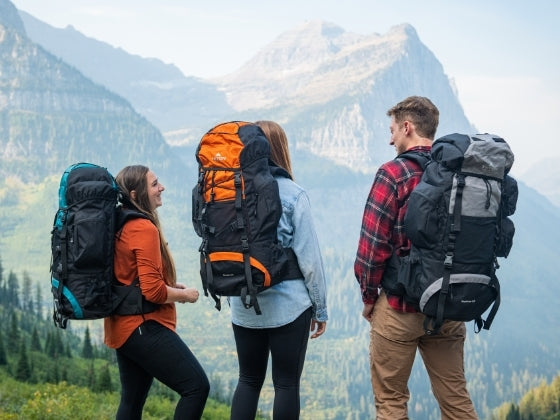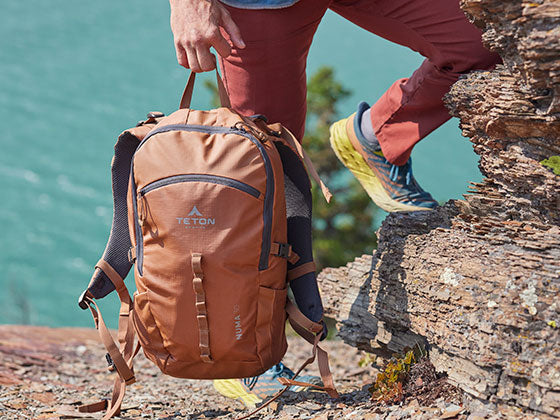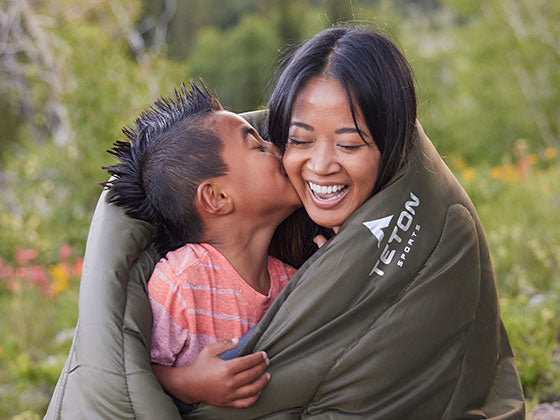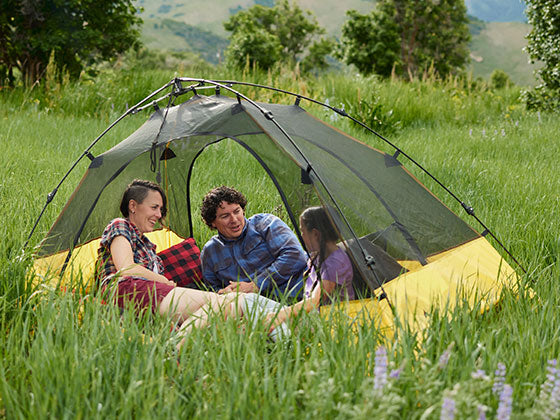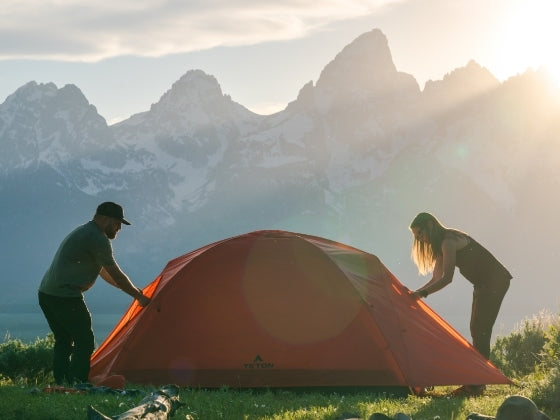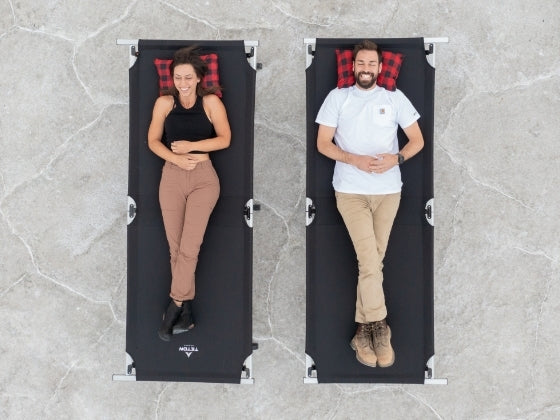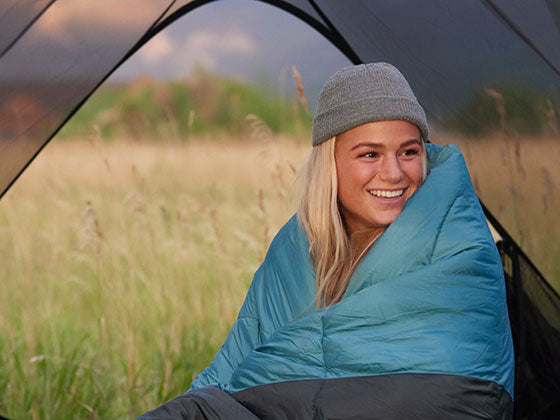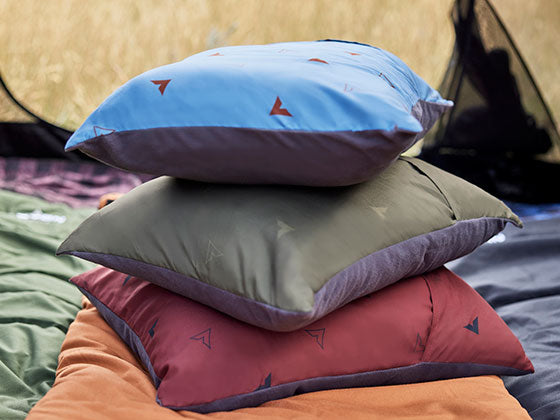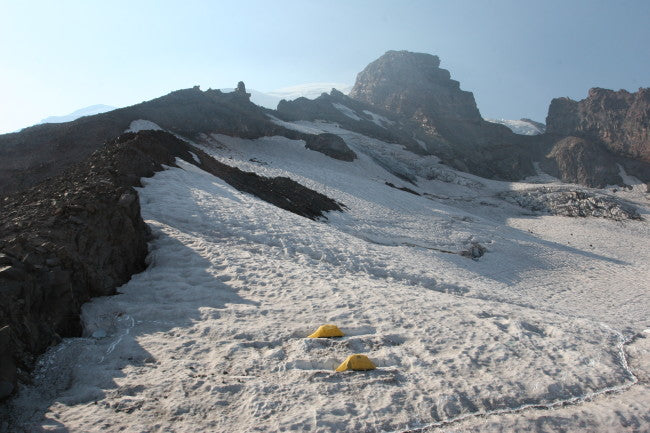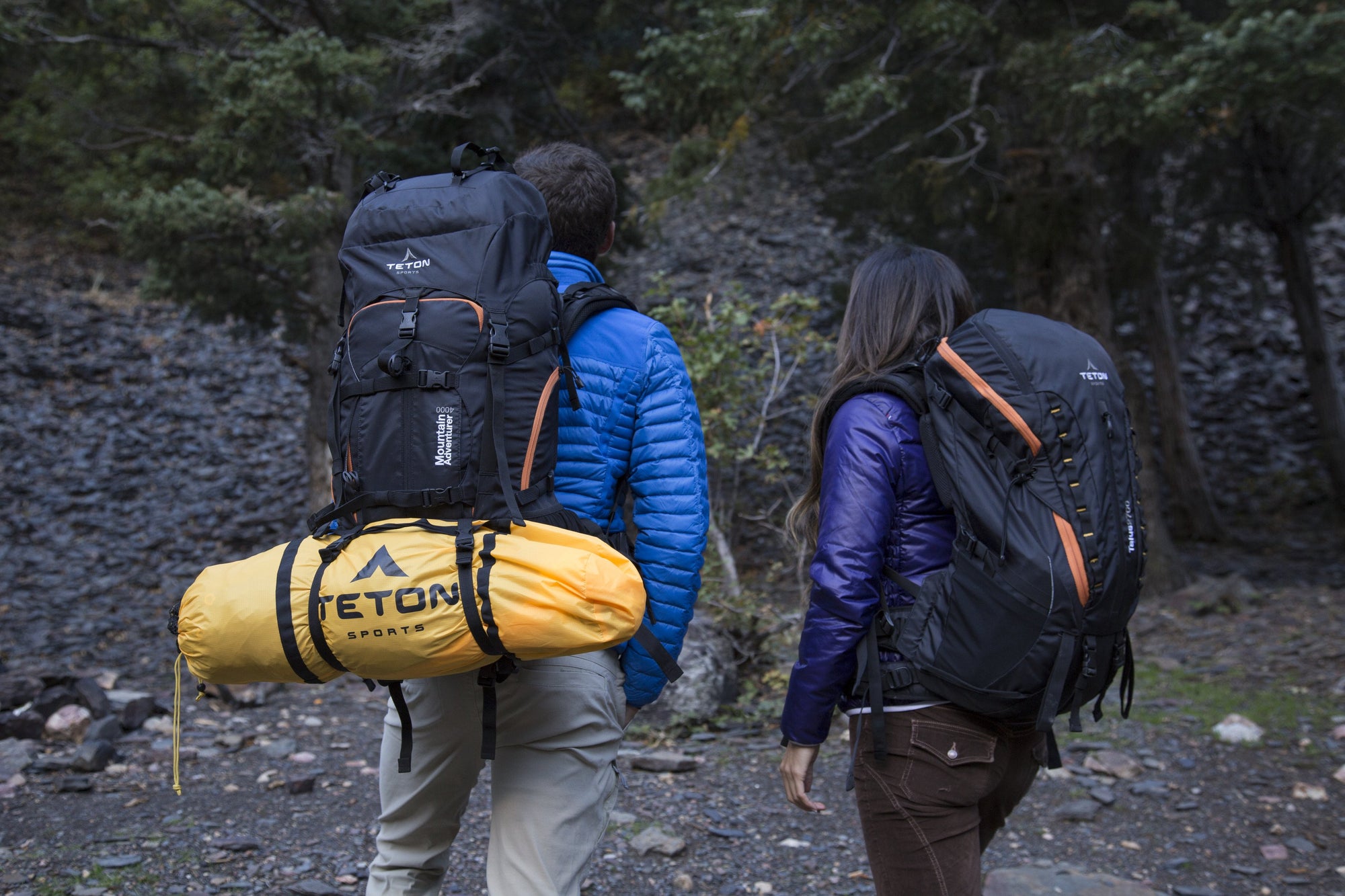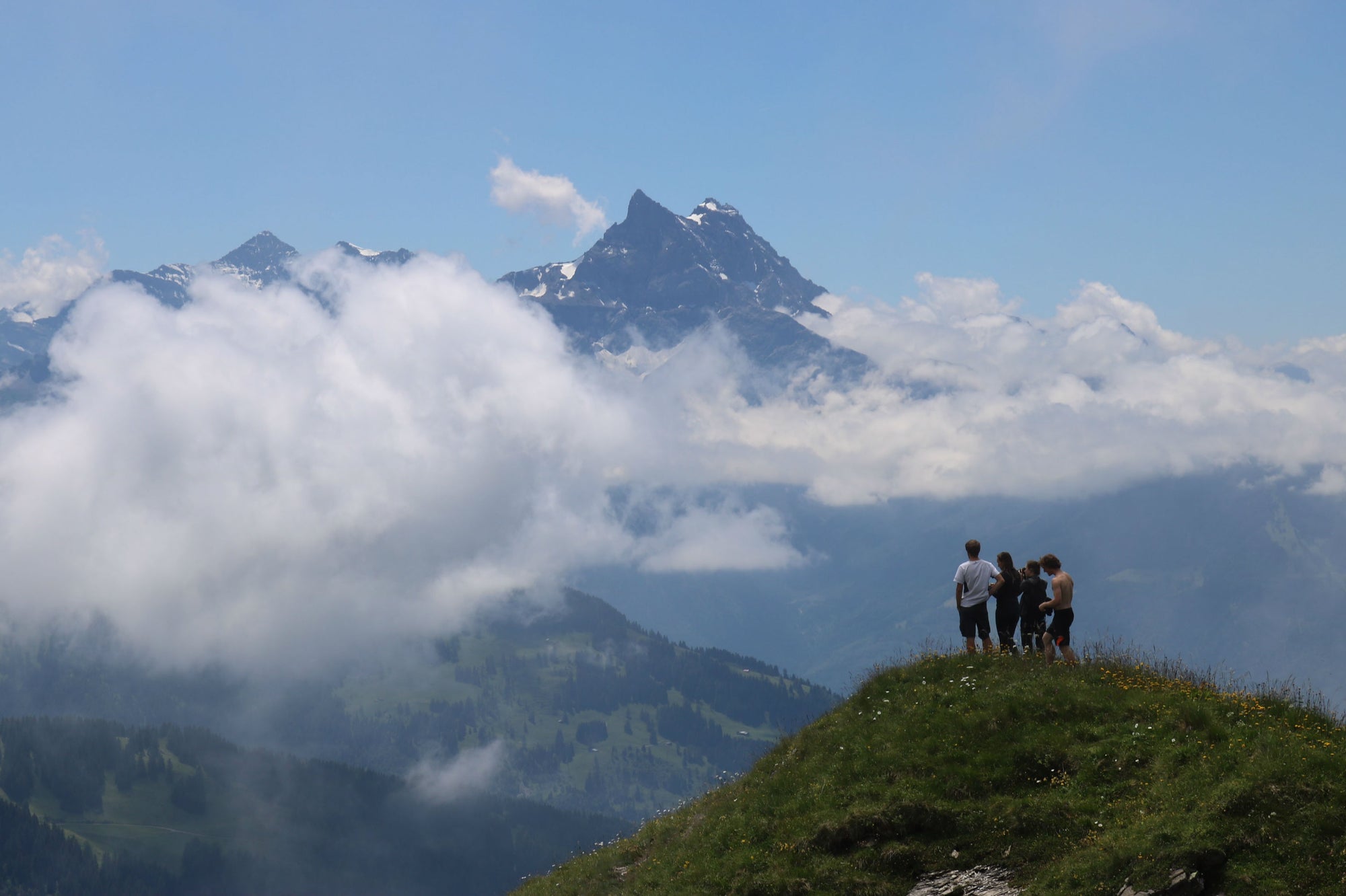Why Winter Camping Is Your New Favorite Thing
Adjusting your glasses, you look across a vast snowscape, blinding even in the low angle of the season’s sun. The field glitters in perfection, except when an occasional wind dislodges the snow, sending it into a plume that skirts the frozen surface. There’s a bird hopping about, as curious about you as he is about lunch. Other than him, summer’s camping crowds have trickled down in number to just you and your partner. It’s winter, and not many are hardy enough to face the cold temperatures that the season brings, let alone go camping in it. Yet here you are, one of the brave few that willingly sets up shelter amongst barren trees and evergreens. To everyone else, it’s a suffer fest. To you, it’s something entirely different.So, why do you do it?
“The solitude, the chance of feeling at one with nature; the challenge; and the experience,” says Chris Sunnen when asked for the reasons he enjoys winter camping. Getting his start 25 years ago in midwest-US backyard igloos, Chris now takes his winter camping to greater heights as a mountaineer. Winter camping also gives him an opportunity to expand on his artistic endeavors. As a photographer, he finds shooting in winter offers a unique aspect, commenting that in this season, his surroundings seem sharper and more vibrant. To him, even the outdoor lighting feels different than at other times of the year, something he credits to the earth’s position with the sun. “It's surreal,” says Heather Balogh, another active proponent of carrying over this summer activity into winter. “Everything looks so clean…the snow…covers any of the earth's blemishes.” While winter’s beauty is a common theme for many who enjoy the season’s camping, there is more to the experience than just aesthetics. Take, for instance, professional explorer and guide Eric Larsen’s keen awareness of the stillness this season brings. After 35 years of exploring some of the earth’s most untamed environments — many of them considered hostile because of their searingly frozen state — he reflects on what he loves most about sleeping in the snow: the lack of people.
In his own words, “Big wild untracked spaces: so good!” That feeling pervades nearly every winter wild environment, whether in a small state park or a remote backcountry campsite. With most people doing all they can to avoid even the slightest touch from Jack Frost, those who hunger for a respite from civilization will find it if they’re brave enough to step out of their comfort zone.

